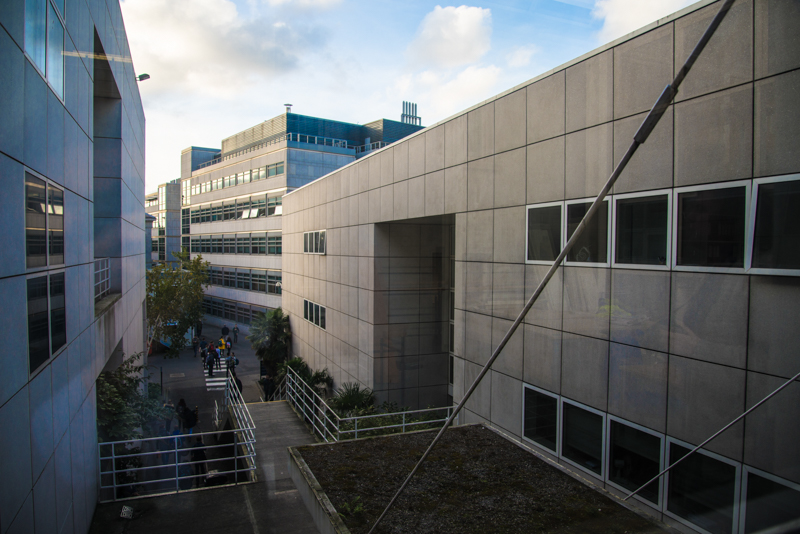Trinity researchers have secured over €9 million in funding from Science Foundation Ireland (SFI), as part of €40 million awarded to Irish scientists working across eight universities and research institutions.
Announced yesterday by Minister for Jobs, Enterprise and Innovation, Mary Mitchell O’Connor, Trinity researchers made up a quarter of all awardees, with six separate research projects receiving funding under the SFI’s Investigator Programme.
Trinity had the second-largest number of research projects to receive funding, beaten only by University College Dublin (UCD), who had seven projects recognised by the latest award.
The funding will support Trinity staff across a range of schools and disciplines, with Dr Rachel McLoughlin, an assistant professor in immunology, receiving €2,192,331 for her work on identifying how bacteria damage the T-cells within our immune system, and which should support the development of a vaccine against MRSA.
In a press statement, Mitchell O’Connor said the project was an “important platform for researchers to advance their investigations and further enhance Ireland’s reputation for excellence in sectors such as health, agriculture, marine, energy and technology”.
Highlighting the links to EU funding programmes like Horizon 2020, she said she hoped that it would “lead to further successes in leveraging EU resources and increasing international collaboration”.
In a press release Prof Mark Ferguson, Director General of Science Foundation Ireland and Chief Scientific Adviser to the Government of Ireland, said the funding would support “the highest standard of impactful research”, and help create “training and employment opportunities” as well as promoting industrial collaboration and “drive advances in energy”.
Dr David Chew, an associate professor of geology in the School of Natural Sciences, also received nearly €650,00 in SFI funding, for his work in developing a new method for dating calcite, a form of calcium, which has numerous industrial applications and permits dating of carbonate rocks from key time periods.
Two researchers from the School of Chemistry also received funding. Head of the School, Prof Sylvia Draper, received €1,360,000 to explore the commercialisation of sustainable energy sources such as solar energy, while Prof Georg Duesberg, the Director of Research, received €1,880,000. Draper’s proposal will research the active material ingredients of fuel and solar cells, and explore how they work at a fundamental level, while Duesberg focuses on developing semiconductor technology, which will prove important for the future of electronic devices and especially wearable tech.
Principal Investigator at the Centre for Research on Adaptive Nanostructures and Nanodevices (CRANN), Trinity’s largest research institute, Prof Martin Hegner, received nearly €1,280,000 to develop nanochemical sensing techniques. These techniques can be used detect diseases through the analysis of genetic material found in biological fluid.
Prof Marina Lynch, from Trinity’s Institute of Neuroscience, who will receive nearly €1,800,00 for her research, will investigate techniques to limit the degeneration of neurons that accompanies Alzheimer’s disease. This research will aims to further understand Alzheimer’s disease, by examining age-related changes in the brain and how they affect the progression of the disease.
In addition to the six researchers who secured funding, three further Trinity academics were placed on a reserve list, to receive funding should budget permit later in the year. They are John Donegan, a professor in the School of Physics, Trevor Hodkinson, a professor of botany in the School of Natural Sciences, and professor of research in the Institute of Neuroscience, Mani Ramaswami.







